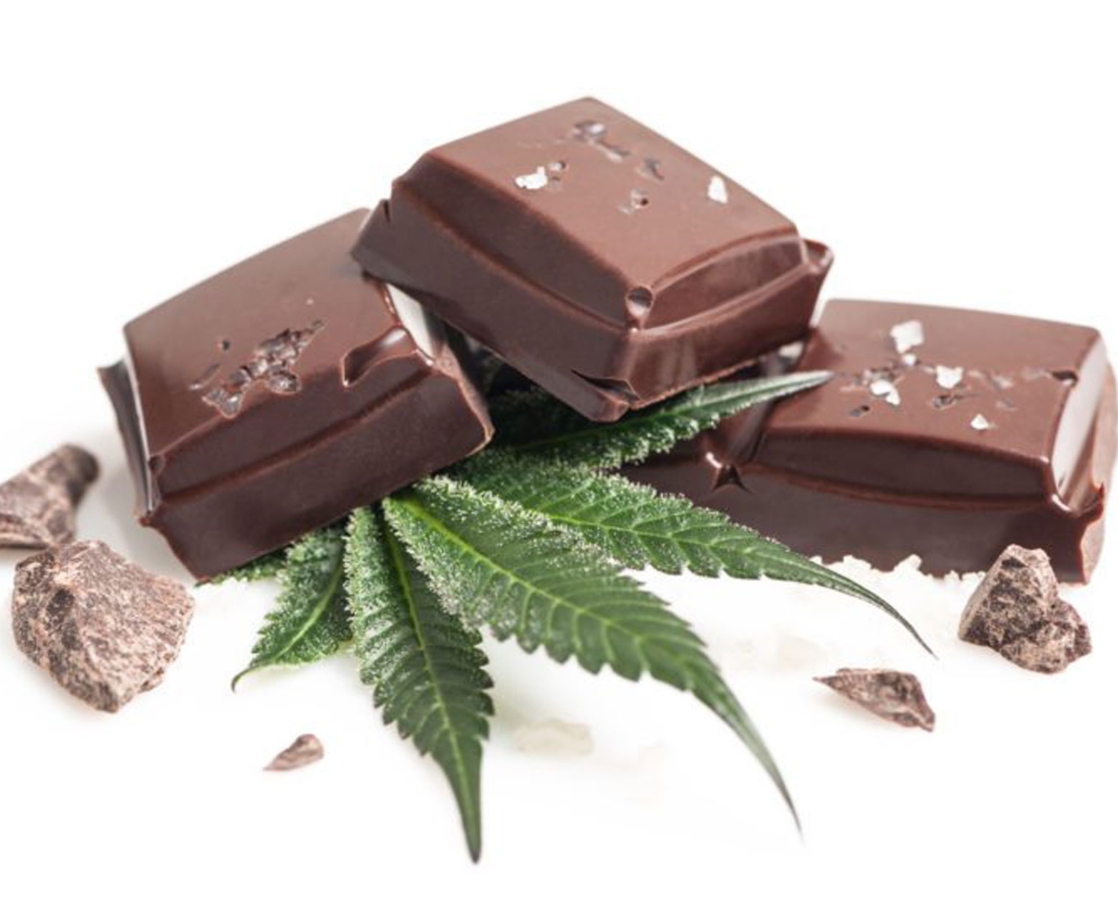Starting this fall, it will be legal to sell cannabis edibles anywhere in Canada. Like California, and most other US states that have legalized weed-infused food items, the Canadian government is strictly regulating these products, imposing limits on total THC content and requiring mandatory testing to ensure these limits are met.
But new research conducted by a California cannabis testing lab may force health officials to take a second look at their regulations. This research, led by David Dawson of CW Analytical Laboratories, discovered that chocolate can interfere with THC potency testing. Because of this interaction, popular products like pot brownies and infused chocolate bars can fail potency tests even if they contain a legal amount of THC.
Dawson told Science Daily that his Oakland-based testing lab “noticed, kind of anecdotally, some weird potency variations depending on how we prepared chocolate samples for testing.” Dawson decided to investigate further, and found that variations in the amount of chocolate, type of chocolate, or other factors could make a THC potency test less accurate.
“When we had less cannabis-infused chocolate in the sample vial, say 1 gram, we got higher THC potencies and more precise values than when we had 2 grams of the same infused chocolate in the vial,” Dawson explained. “Simply changing how much sample is in the vial could determine whether a sample passes or fails, which could have a huge impact on the producer of the chocolate bars, as well as the customer who might be under — or overdosing because of this weird quirk.”
Dawson cited an example of California’s edibles regulations to illustrate the “high stakes” involved in cannabis potency testing. “If an edible cannabis product tests 10% below the amount on the label, California law states that is must be relabeled, with considerable time and expense,” he told Science Daily. “But it’s even worse if a product tests 10% or more above the labeled amount — then the entire batch must be destroyed.”
Gallery — Edibles That Look Like Real Food Products:
The researchers will present their findings at the American Chemical Society Fall 2019 National Meeting and Exposition later this week. Dawson intends to continue his research, in order to discover exactly what ingredient of chocolate may be responsible for these effects. So far, researchers suspect that the fat content of the ingredients may be interfering with THC test results, as THC is known to be fat-soluble.
If this is true, it may have implications outside of chocolate-based edibles, as any cannabis product containing some form of fat — even non-edible products like skin lotions — may be at risk of failing a THC potency test. Researchers will also look into whether potency testing for CBD or other cannabinoids can also be thrown off by chocolate or fats. This latter research may be especially useful for the Food and Drug Administration, which is actively working to develop regulations for CBD-infused food and drinks.











